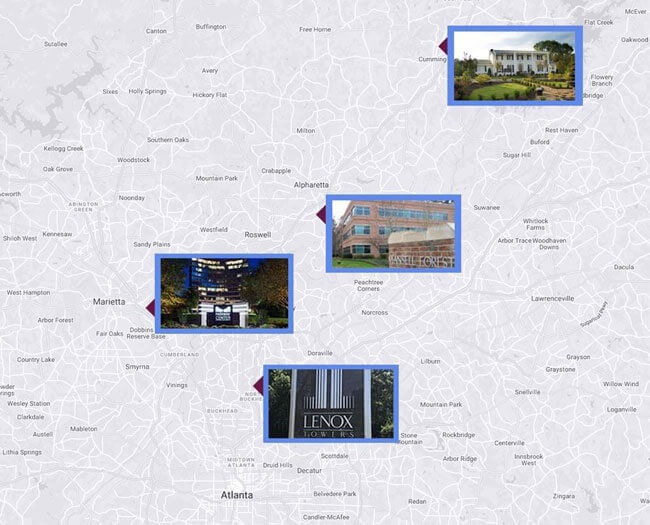Divorce is often a complicated process, for many reasons. You are not only going through a mentally and emotionally challenging time, but you must also make many decisions on complex issues.
Property division is one of the most major aspects of a divorce. Your property includes all of your marital property and debts.
Defining marital property and debts
Marital property is property you and your spouse acquired during your marriage, with some exceptions, such as inheritances or gifts, while separate property is property you owned before your marriage. Separate property can become marital property if it mixes with marital property or funds.
The same is true for marital debts, which are debts that you and your spouse took on during your marriage. Any debt you had before your marriage that did not mix with any marital funds remains your debt and is not divided in your divorce.
States take different approaches to property division. Georgia is an equitable distribution state. This means that your marital property is divided fairly.
In equitable distribution states, it is important to recognize that equitable does not mean equal. To achieve a fair or equitable outcome, a court examines several different factors.
Equitable distribution factors
Some of these factors include the length of your marriage, your income and earning capacity, how much each of you contributed financially to the marriage and your economic situation post-divorce.
For example, if your marital property is split equally, but you find out your spouse is due to receive a significant inheritance two weeks after your divorce, you could use this as a factor to support you receiving a higher share of the marital property.
Two other factors that can make a significant difference in the outcome of your property division are the conduct of spouses toward each other during the marriage and evidence that a spouse has wasted or hidden assets.
Therefore, if your spouse was a habitual cheater or engaged in domestic violence against you, evidence of this conduct is something the court would consider when making an equitable distribution decision.
Why you should not hide or destroy assets
It is never a wise idea to try to hide or destroy marital assets. Sometimes, spouses hide or get rid of assets as an act of revenge, because they do not want the other spouse to receive them. They may also hide an asset to lower the amount of assets in their division column, hoping to receive more.
This is a bad idea. There are many ways courts and investigators can uncover evidence of hidden or destroyed assets, and courts can penalize spouses who do this. The most common penalty is giving additional assets to the other spouse.
Who gets the house?
The marital home is often one of the largest assets in a divorce. A court uses the equitable distribution approach when deciding which spouse gets the marital home.
One of the factors in this situation involves which parent has primary custody of any children involved. If no children are involved, the court may examine factors such as which spouse can more easily afford the home. If neither spouse can afford it, the court can order the home to be sold.
This provides a basic overview of what equitable distribution means in a divorce. Just as every marriage is unique, so is every divorce. An experienced divorce attorney can evaluate your situation and represent your best interests.

